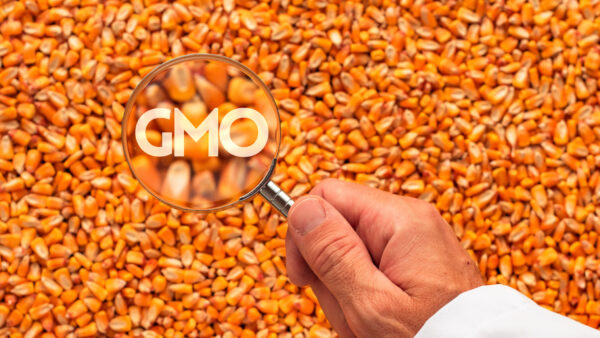G7 agriculture ministers have introduced a new initiative to improve Africa’s participation in the OECD seed certification scheme, aiming to bolster agricultural activity and its role in economic development.
The G7-OECD Joint Initiative: Strengthening Seed Certification in Africa, unveiled during a meeting in Syracuse on Sept. 26-27, seeks to enhance seed quality, increase yields and farmer incomes, and boost agricultural productivity across the continent.
The OECD Seed Schemes provide an international framework for the certification of agricultural seeds in international trade, facilitating the movement of seeds across borders by harmonising certification standards and procedures. Sound seed certification improves domestic production, helps develop export markets and provides farmers, plant breeders and authorities with reassurance on seed quality. Sixty-two countries participate in the seed schemes, which have been adopted into national legislation in countries worldwide, according to a press release.
ISF is a strategic partner in the Joint Initiative: Strengthening seed certification in Africa.
“ISF is pleased to be a strategic partner in the new OECD-G7 plan to help countries in Africa benefit from meeting global OECD Seed Schemes standards and, ultimately, support regional seed trade and ensure that farmers, especially smallholder farmers, can access quality seeds,” Michael Keller, Secretary General of the International Seed Federation. “By cooperating with the OECD in this public-private partnership, ISF aims to support the development of the seed sector and agriculture sector, in general, in the continent.”
The G7-OECD initiative is designed to enhance the capacity of African countries to certify seeds effectively. Improved certification is anticipated to reduce fraud, strengthen crop yields, and enhance the growth potential of Africa’s agricultural sector.
Over the next five years, the initiative aims to expand participation in the seed certification scheme to as many as 14 African countries.
Capacity-building activities will improve countries’ ability to:
- Meet global OECD Seed Schemes standards.
- Facilitate access to quality seeds to farmers, including smallholder farmers.
- Improve farmers’ and smallholder farmers’ livelihoods.
- Facilitate trade and access to new markets.
- Build an inclusive seed system to achieve national food security and sustainability goals, including resilience to climate change.
“Better food systems start with better seeds. Since the 1960s, OECD Seed Schemes have been certifying the varietal identity and purity of seed lots destined for international trade, ultimately ensuring farmers can trust the seed they are buying,” OECD Secretary-General Mathias Cormannsaid.
“This new G7-OECD Joint Initiative,the first of its kind,holds the promise of making a substantial impact on African agriculture, by providing farmers with affordable and accessible seeds capable of responding to the effects of climate change and other unpredictable situations, boosting yields and income for farmers, and ultimately enhancing food security and agricultural productivity across the continent.”
Further info on the OECD Seed Schemes here.













